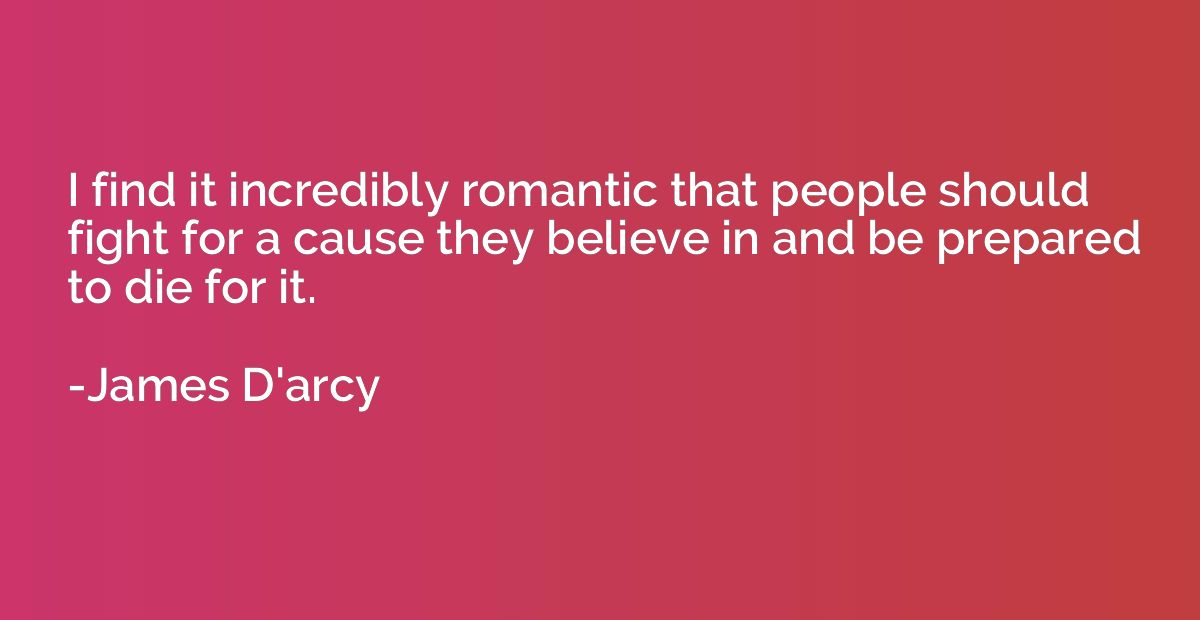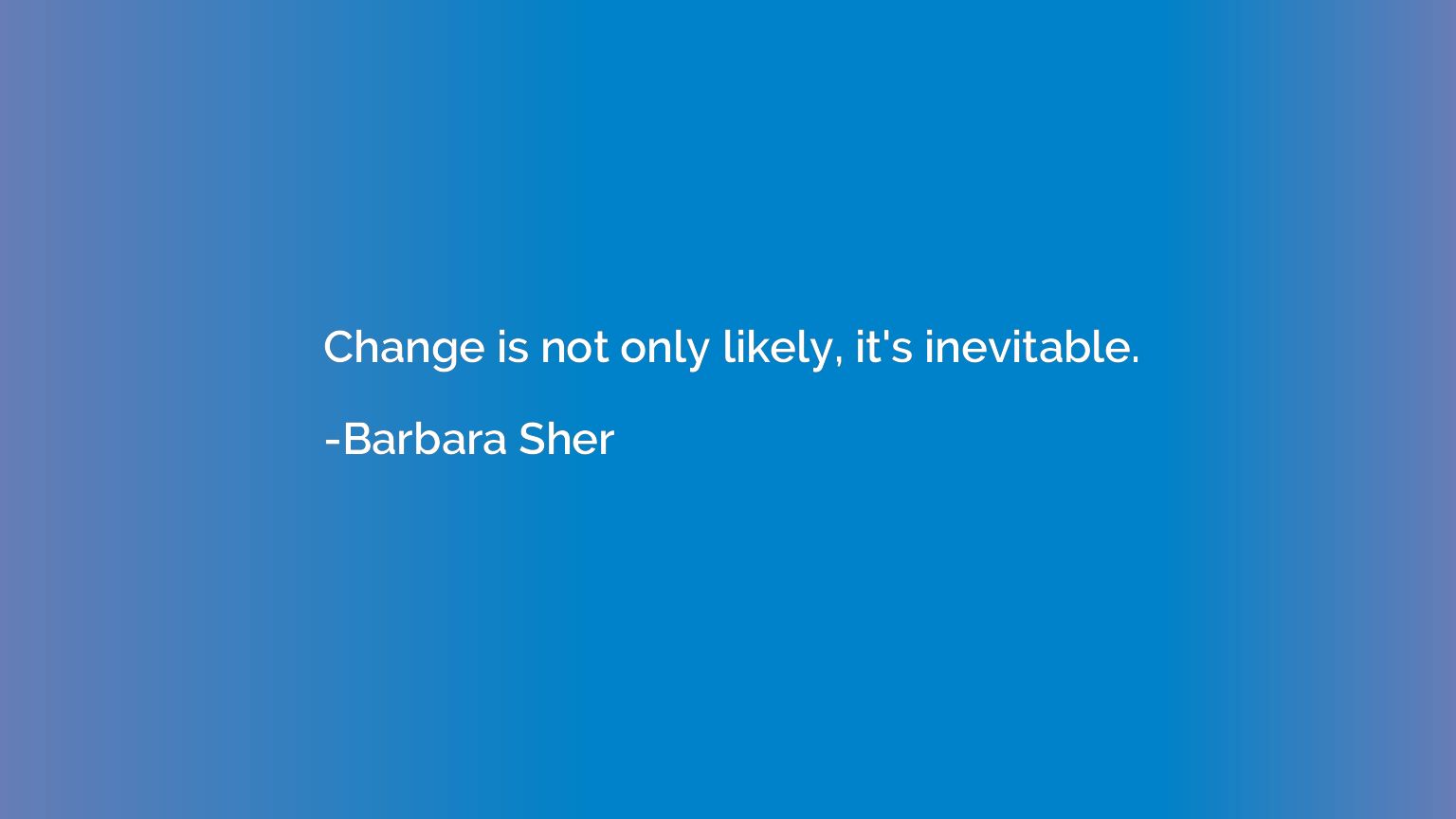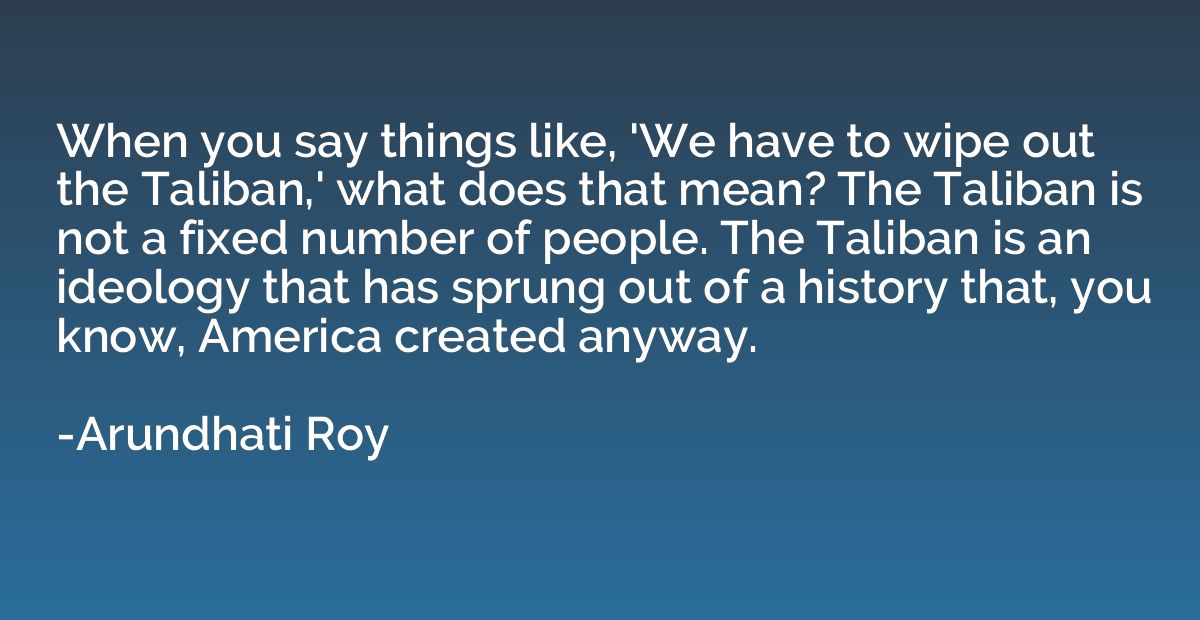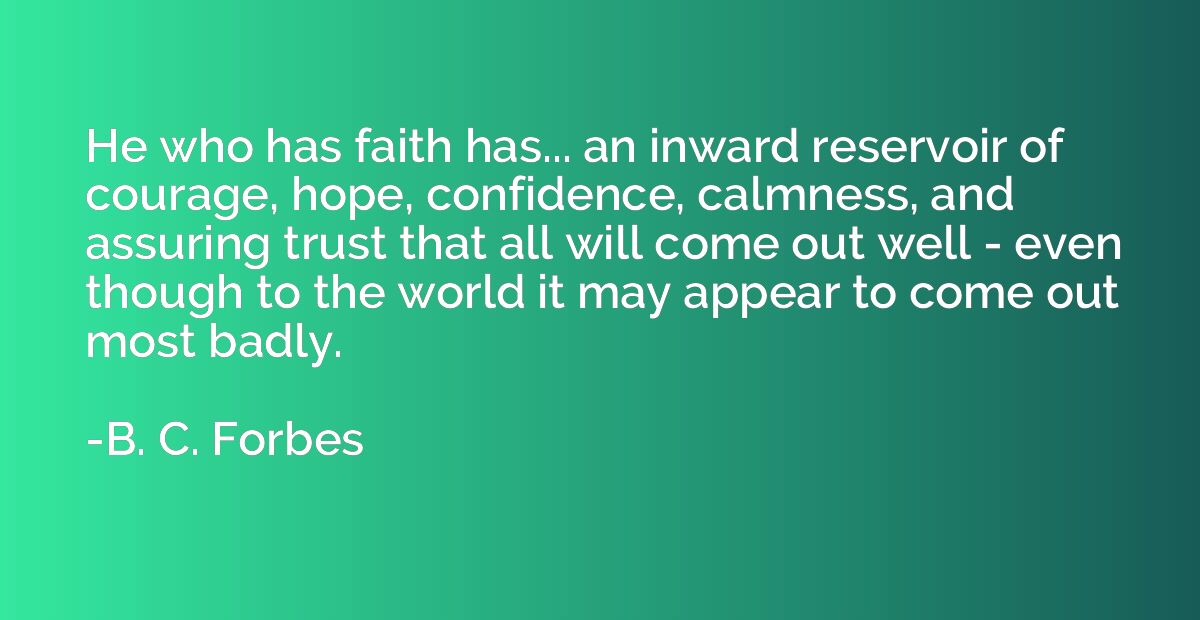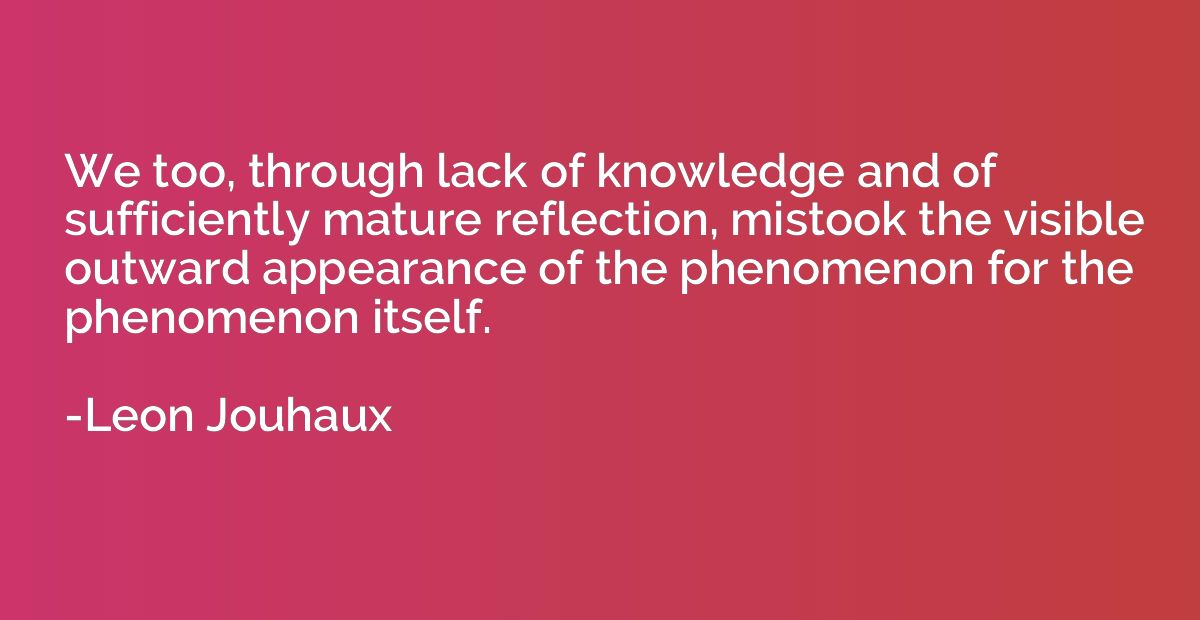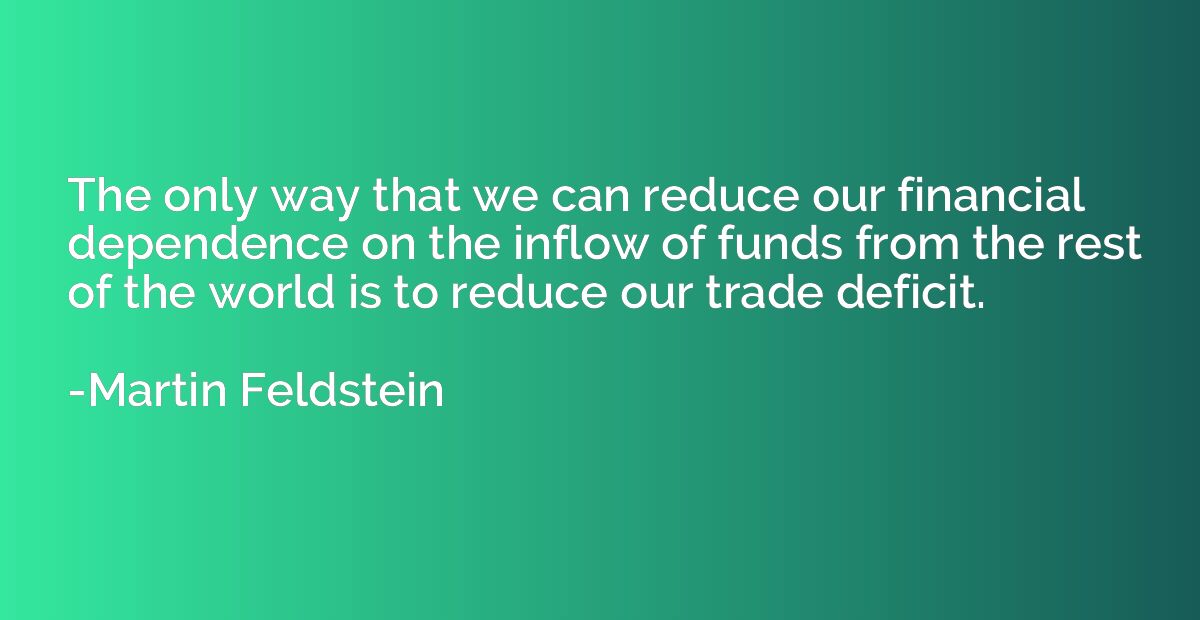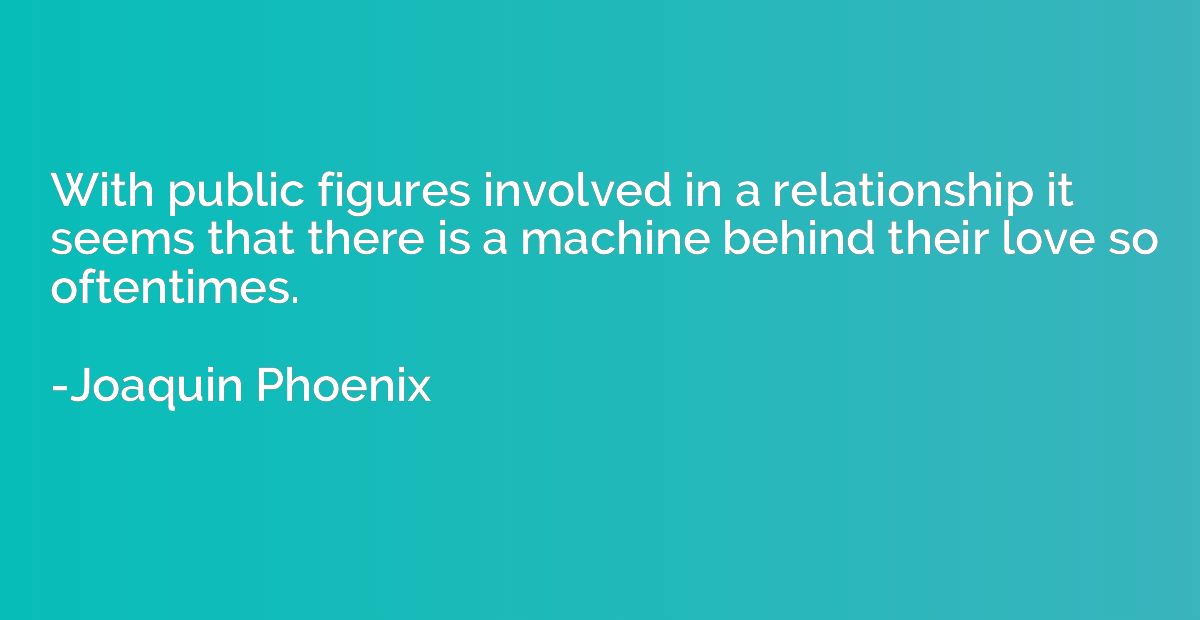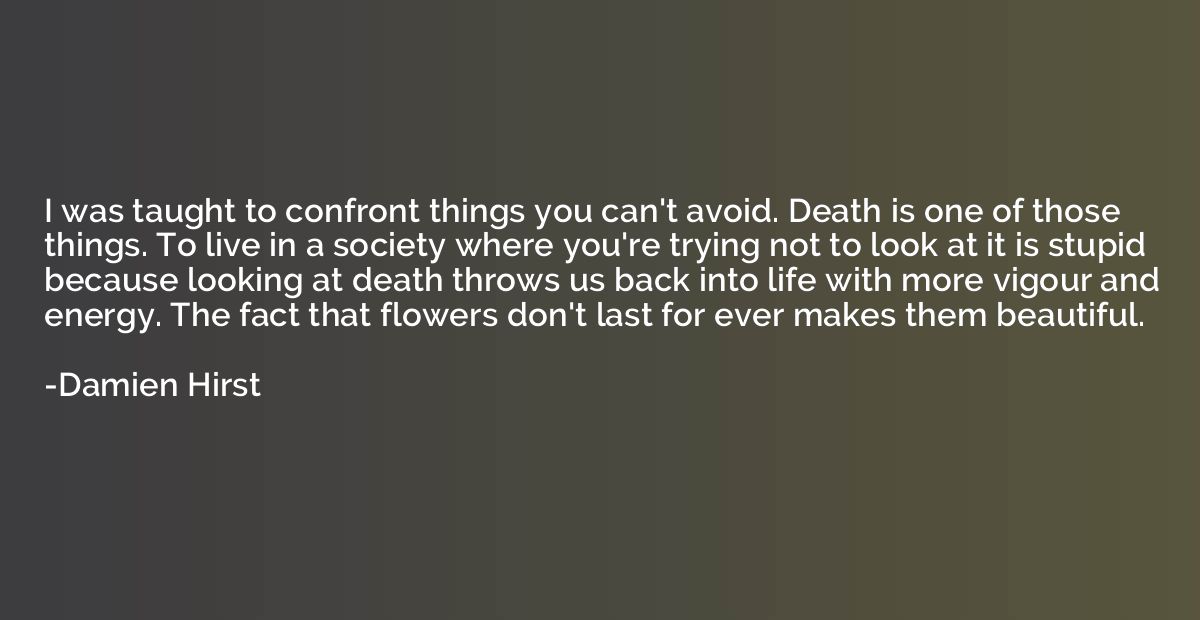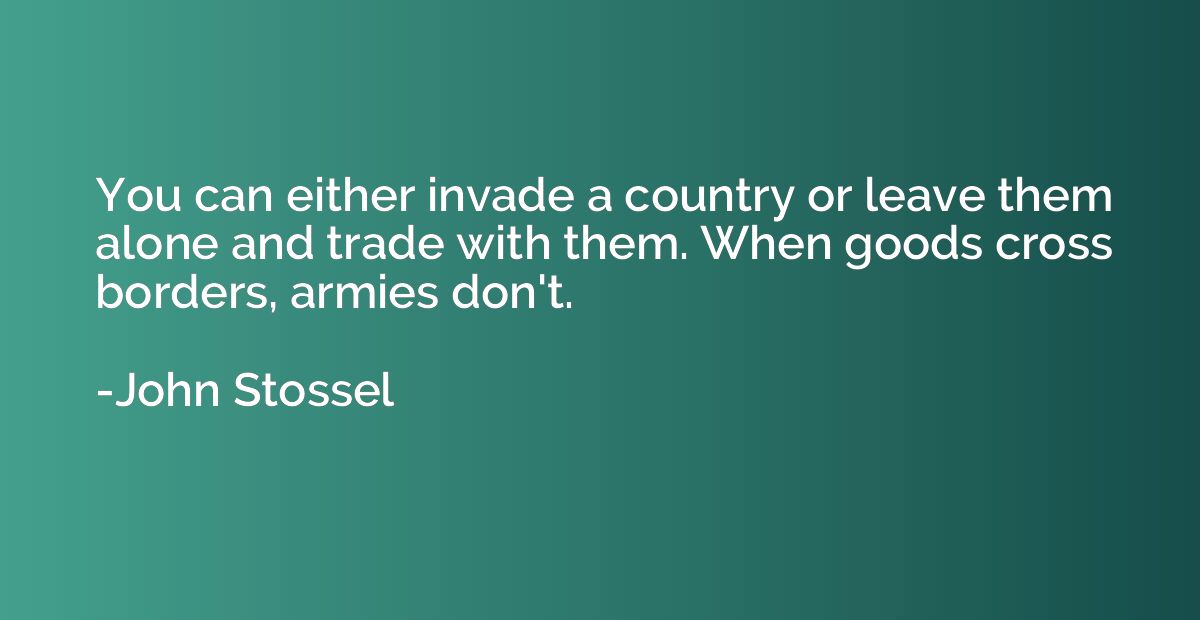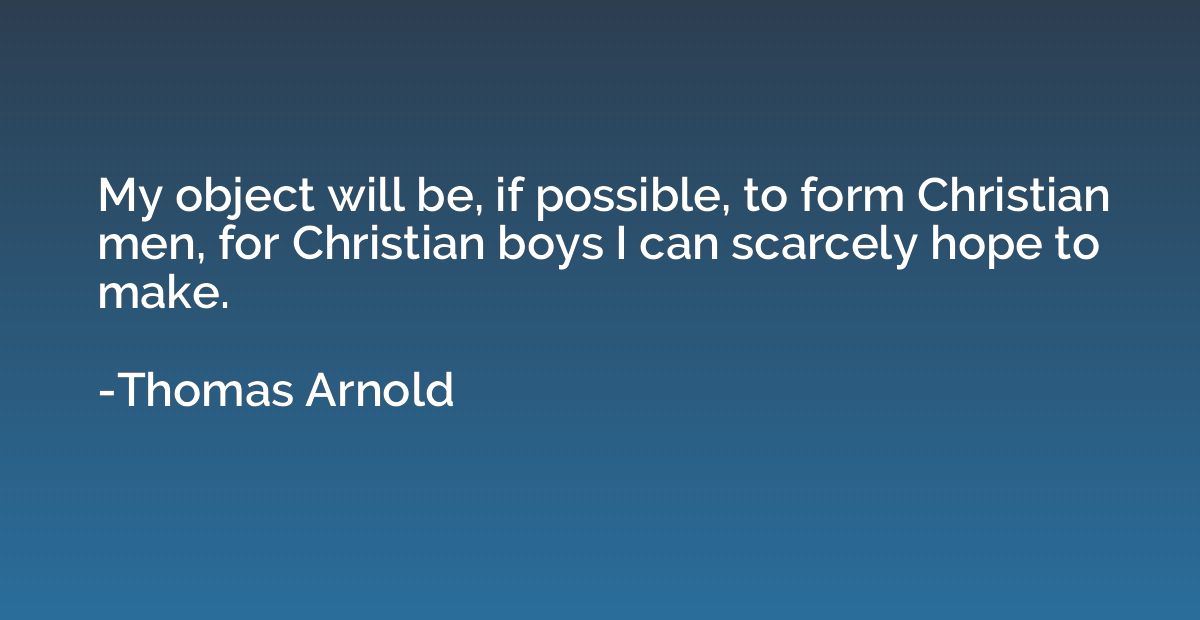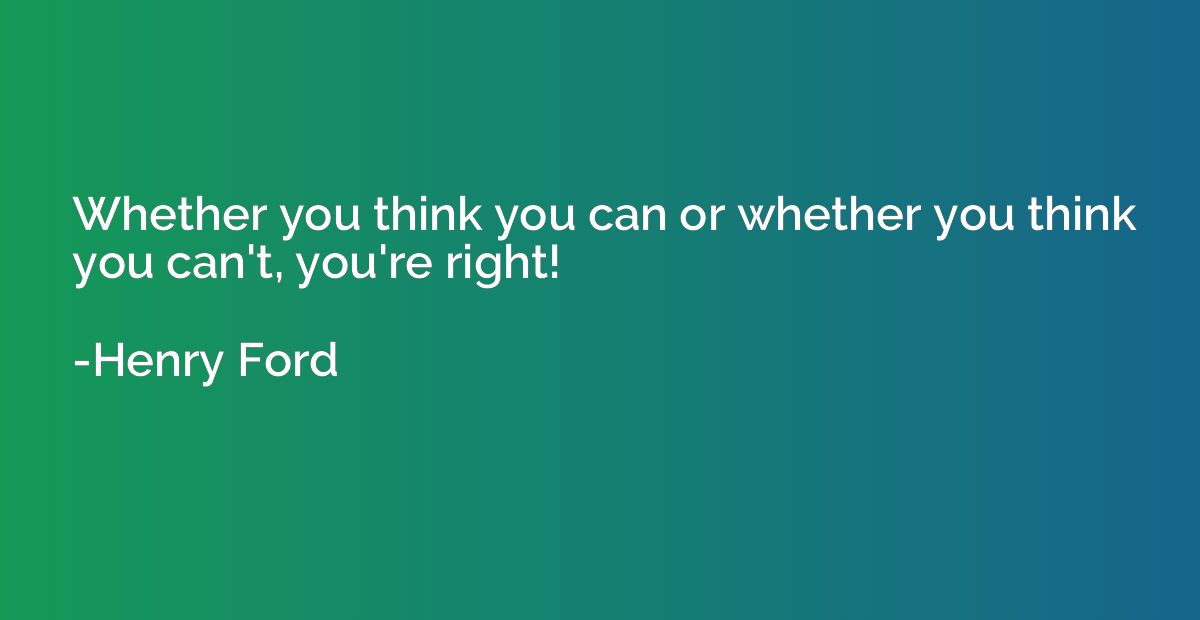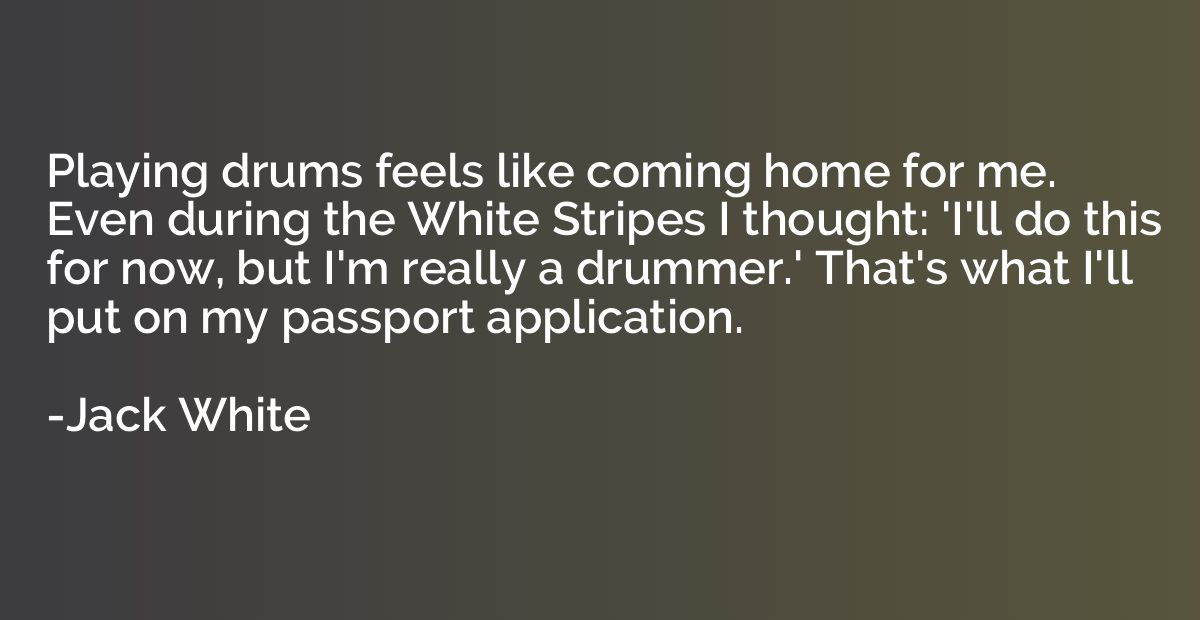Quote by John Fitzgerald Kennedy
I believe in an America where the separation of church and state is absolutewhere no Catholic prelate would tell the President how to act, and no Protestant minister would tell his parishioners for whom to votewhere no church or church school is granted any public funds or political preferenceand where no man is denied public office merely because his religion differs from the President who might appoint him or the people who might elect him. I believe in an America that is officially neither Catholic, Protestant nor Jewishwhere no public official either requests or accepts instructions on public policy from the Pope, the National Council of Churches or any other ecclesiastical sourcewhere no religious body seeks to impose its will directly or indirectly upon the general populace or the public acts of its officialsand where religious liberty is so indivisible that an act against one church is treated as an act against all. For while this year it may be a Catholic against whom the finger of suspicion is pointed, in other years it has been, and may someday be again, a Jewor a Quakeror a Unitarianor a Baptist. It was Virginias harassment of Baptist preachers, for example, that helped lead to Jeffersons statute of religious freedom. Today I may be the victimbut tomorrow it may be youuntil the whole fabric of our harmonious society is ripped at a time of great national peril. Finally, I believe in an America where religious intolerance will someday endwhere all men and all churches are treated as equalwhere every man has the same right to attend or not attend the church of his choicewhere there is no Catholic vote, no anti-Catholic vote, no bloc voting of any kindand where Catholics, Protestants and Jews, at both the lay and pastoral level, will refrain from those attitudes of disdain and division which have so often marred their works in the past, and promote instead the American ideal of brotherhood. That is the kind of America in which I believe. And it represents the
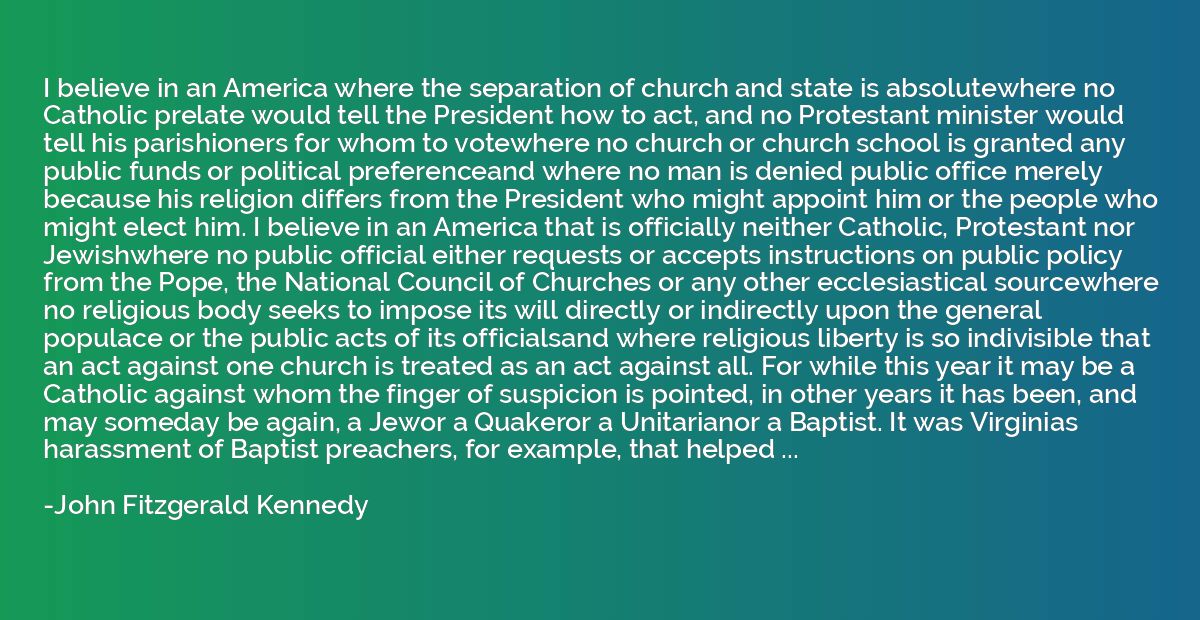
Summary
importance of maintaining a strong separation between religion and government in the United States. The quote emphasizes the idea that no religious group should have political power or influence, and no individual should be discriminated against based on their religious beliefs. It highlights the need for religious freedom and equal treatment for all citizens, regardless of their religion or lack thereof. The quote also acknowledges the historical instances of religious intolerance in American history, stressing the importance of promoting unity and brotherhood among different religious groups in order to create a harmonious society.



